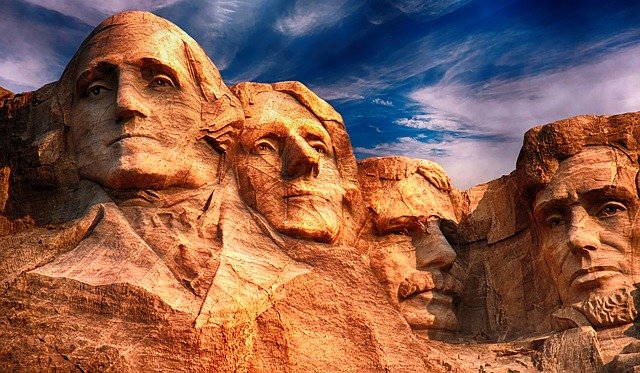The question “Who Gets to Be an American” is tricky for me. When I was young and still lived in Vietnam, my answer was simply: people who live in America. A little bit older, the idea of those people as those who have white skin, speak English, eat burgers, drive cars, and have totally different lives than mine.
I was born in a family where my grandparents, aunt, and uncle had a chance to move to the U.S as immigrants after the fall of South Vietnam in 1975. Then, they live long enough to take the citizenship to become U.S citizens. The idea of who is American has changed a little bit since then. Americans are those who live in the U.S and contribute to the country and its ideal: the land of freedom. America is still the country that I want to study abroad because of its diversity. America is the land where all people of all colors can live in harmony to build the country.
Later on, in my English lessons, there were heated debates about whether America was a melting pot or a salad bowl. Until now, I still do not have an exact answer to that question, but more and more questions were addressed when I finally came here in 2020 as a permanent resident with my nuclear family. The pandemic hit and showed inequality in society. The “Black Lives Matter” movement happened and became an international phenomenon. My idea of “who gets to be an American” was challenged. Sometimes, even though people were born and live in the U.S, they have been treated differently. The laws sometimes go against them instead of protecting them equally.
As a permanent resident, if I continue to live here and take the citizenship to become an American, whether I am genuinely a U.S citizen or people still see me through the lens of my color and my English accent. Taking a course CES 100, Race in the U.S, I still do not have an exact answer to the “Who Gets to Be an American” question.
However, I believe that everyone’s story about who they are, where they come from, what they are doing to have a better life, and struggling in an unequal society is precious and worth embracing. Telling stories of a group of people from a dominant group often leads to misinformation, stereotypes, ignorance, and arrogance. This kind of story cannot help mutual understanding and empathy.
Therefore, it is essential to have a voice from one group of people telling their own stories. These stories will shed another light to understand better, then empathize with them. We cannot know someone without hearing them share about them. We cannot understand someone when ignoring their stories. We cannot empathize with someone when we think that we are superior to them somehow. If I had to tell and share something about my new life here, I would speak and share my own stories as a Vietnamese Christian living in the U.S.


I was quite touched when reading what you wrote. Life is changing so fast, which made me think that I will be left behind. But thanks for your sharing which just slightly helped me to get rid of the anxiety. I appreciate that. Hope you’ll be fine and always gorgeous just the way you are!
Thank you so much, my dear friend. I believe that everyone has a unique path. Chasing after others makes us exhausted. Anxiety is not the thing that God designs for our life. There is something more and better than that. I also hope that you will be happy and peaceful in the way that you are going through.
Blessings,
Anh.